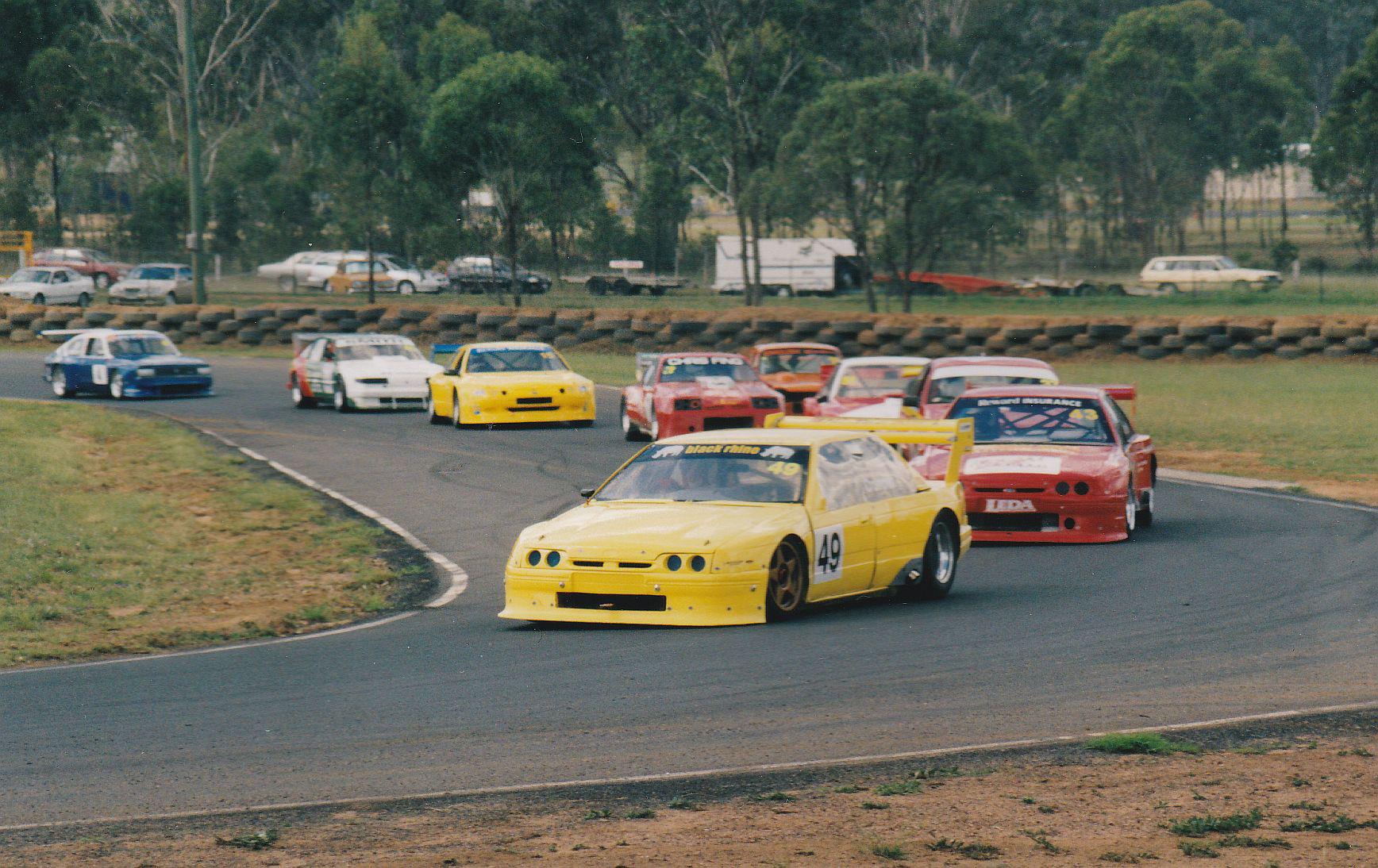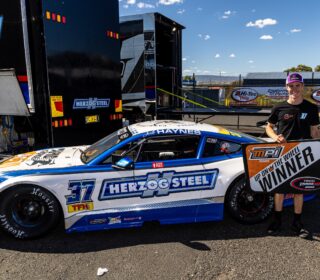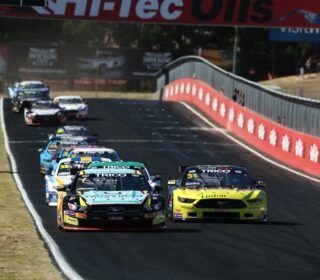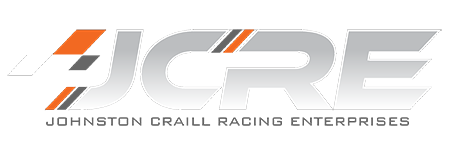COMMUNITY TV SHUTDOWN COST TO MOTORSPORT

YOU may have seen in the news recently that the Federal Government are planning to shut down Community TV once for all, an issue close to our hearts here at The Race Torque.
WORDS: Mark Walker
Seemingly for no sensible reason, Channel 44 in Adelaide and Channel 31 in Melbourne are set to be axed, joining the fate of former community based broadcasters such as TVS in Sydney, Brisbane’s Bris31, and WTV in Perth, which dropped by the wayside after Malclom Turnbull commenced a cull back in 2014.
For the uninitiated, community TV is a form of free-to-air broadcasting, broadly non-commercial in nature, run by local groups televising programming, often niche in subject, but dedicated to those in the local area.
Why does this seemingly inconsequential outlet matter to us? For starters, myself through programs such as The Red Zone and Track Action, and Richard Craill through Torque TV, received our first exposure to the television industry.
Also, don’t forget that there have been plenty of other motorsport and motoring programs that have come through the community TV ranks over the years, joined by all manner of other programs from different genres.
Community TV is a breeding ground, not only for on-air talent, but for every facet of production, from camera operators, to producers, to editors and more.
Outside of our little motorsport world, there has been plenty written on the different people who over the decades have graduated from community TV to much bigger and better things on much broader stages.
What community TV provides is an outlet for those who don’t necessarily have a product, or the finances, that is typically required for broadcast on a national commercial platform.
State and club level motorsport definitely falls into this category.
My Experience
Back in mid-2005, a couple of local mates produced a show entitled the Red Zone, focussed on the Brisbane car and motorsport scene, which they made on a weekly basis while going through their tertiary studies in the TV field.
As a track commentator at some of these events, I was roped in to provide post-produced commentary, which well and truly grew by August that year, when a massive production was put together for the state championship event at Morgan Park.
With six or seven cameras around the track, in car cameras and three pit reporters, the attending categories were charged a minute sum for their dedicated half hour show, which in turn was something that they could proudly show to sponsors, family and friends.
Keep in mind, these were the days when all of the footage had to be captured in real time off Mini-DV or VHS, a painstaking task for the editor.
For 2006, the group re-organised under the Track Action banner, with the professionalism of the product really stepping up.
From multiple locked off bridge cameras at Morgan Park, to producing the official DVD for the Festival of Speed of Tweed, it was an incredible product for the budget available.
The reality for 2007 was that the main editor scored a gig editing for the ABC, where he continues to this day, so it pretty much became impossible to roll on with the biggest cog missing from the machine.
Disappointing? Sure, but we made some great content, had a lot of people watching at time, and we all used community TV to move on to better things professionally.
From my own perspective, learning Premiere Pro, Photoshop, audio editing, camera settings, the production planning process, insurance, DVD mastering, to things like the technicalities of how a TV station works, have all been invaluable.
The effort to produce the show was massive – even extending to making a five hour round trip on a day off from real work to lop trees at the race track to improve sight lines for the cameras!
Working to the time pressure of finalising the show every week, and hand delivering the tape to the station is real world experience that is applicable anywhere.
Sure, there are plenty of other outlets for creatives these days to display their wares, with the current move to live streaming lower level motorsport events leaning on a whole different skill set for those involved.
Yes, there is a shift to online platforms for distribution, but while people still want to make community TV programs, and the public want to watch them, then it hardly seems reasonable to shut it down.
Times are changing, but is it necessarily for the better?
To find out more about the fight to save community TV, check out this Facebook page.







